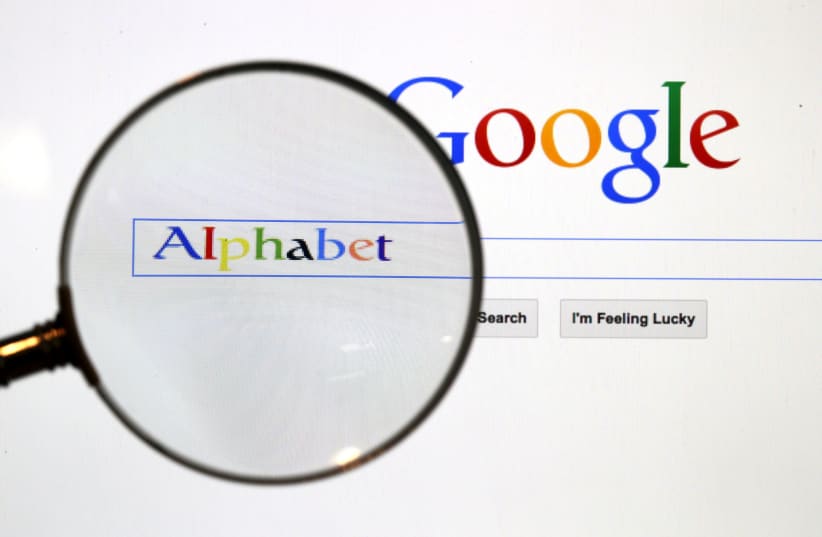The trial run of Google Trends — a tool that presents the search engine's users' trends during specific time frames — was launched 15 years ago with the goal of discovering new ways to view topics such as the popularity of certain ice cream flavors, participants in singing competitions, or how many times people searched for a certain politician.
Since then, Google Trends has become an important resource for journalists, researchers, academics, commercial brands and anyone who wants to use it. Despite the fact that the service was launched in 2004, it only became available to the general public in the summer of 2006, and therefore it is now celebrating its 15th birthday.
In honor of the event, the company examined the three most-searched words in Israel in the past 15 years. The outbreak of the coronavirus led to the word "corona" being in first place — even though it has only been a part of our lives for a year and a half.
It turns out that Israeli are deeply interested in banking securities, since in second place, quite surprisingly, is the word "stock." It also turns out that over the years Israelis were not satisfied with brainteasers in the daily papers, as "crossword puzzle" [one word in Hebrew] took third place.
Not many know this, but Google Trends was developed in Google's Israeli R&D branch. Yossi Matias, VP of Google and CEO of the company's R&D in Israel, who led the team that developed the product, told Maariv about the beginning of his Google Trends journey and what the future held in store.
"At the beginning, Google Trends was an experimental tool in Google's labs and was meant to help us understand search trends," Matias said. "It was the first time that we succeeded in leveraging the data that was accumulating in order to better understand what people were interested in and what they were looking for when they used the search engine.
"We understood how useful it would be to launch Google Trends as a complete product that provides insights into what people look for accumulatively and make it available for everyone, It was one of the Israeli R&D center's first projects, and our team worked in tight cooperation with other teams in the company."
According to Matias, the novelty was in analyzing data on a large scale: "It was exciting to build something that shared our insights the rest of the world," he said.
Do you remember what you felt when Google Trends was launched for the first time?
"Since the public launch of Google Trends was one of the first led by an Israeli team — it felt like the launch would set the tone for the future. I remember that it was exciting to be a part of this huge opportunity to learn and share what people were interested in both on a large and small scale. I also remember that I was excited to see how Google Trends was used to identify trends at an early stage, before they become large-scale phenomena, or how to use them to foresee what might happen after significant events like the eruption of a health hazard or an economic downturn."
How do you expect this tool is going to develop over the years?
"As long as Google continues to develop so will Google Trends. Beginning with daily trends and the ability to organize data into categories, we also added additional languages, better visual illustrations and broader trends in order to integrate new types of searches into the system, such as image and video searches."
